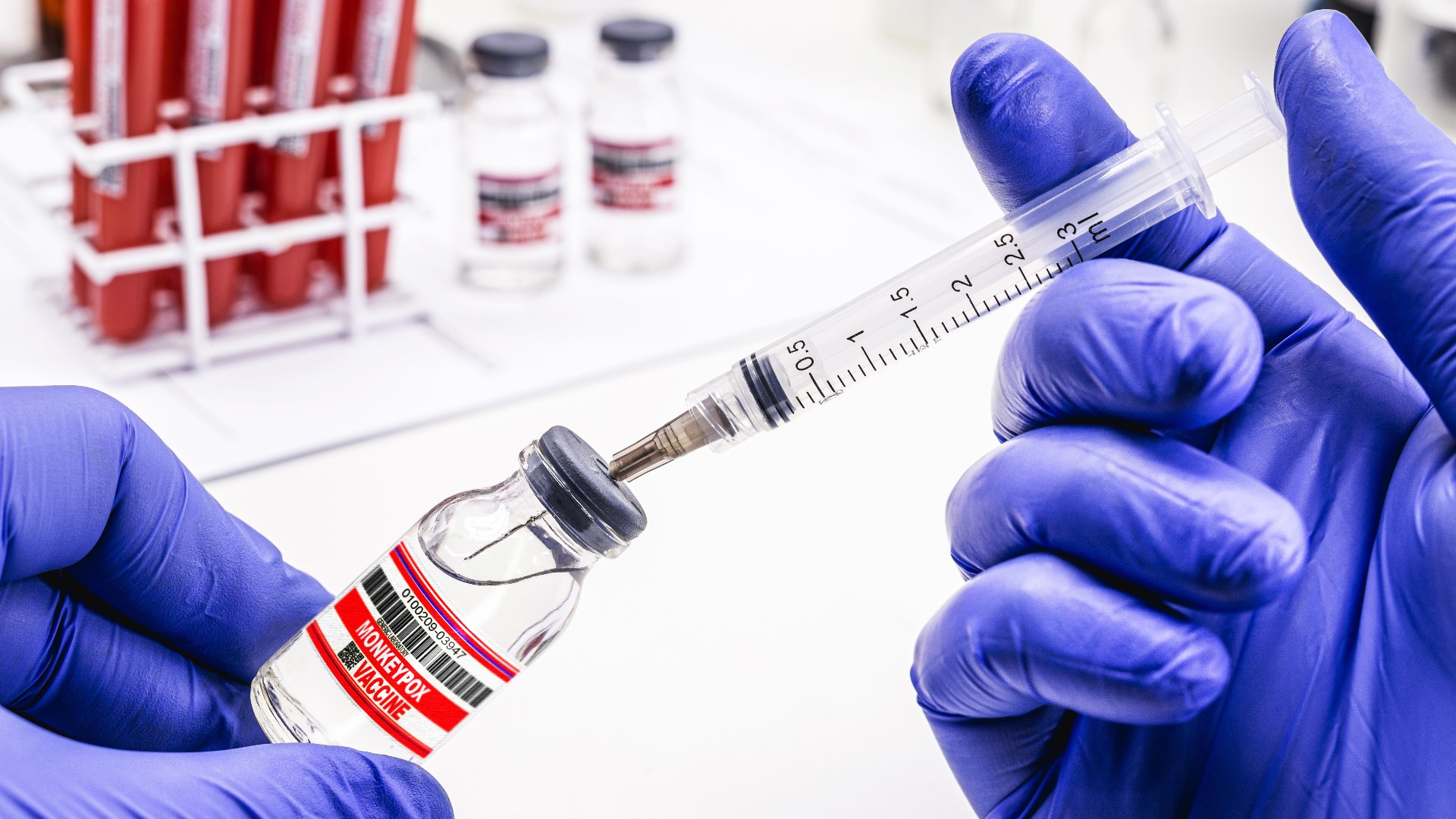GRAND RAPIDS, Mich. — There are growing concerns as cases of the respiratory syncytial virus (RSV) and the flu continue to rise. With COVID-19 still lingering, health experts are hoping to avoid a so-called "tridemic" before the winter months.
Experts say the best defense against these viruses is to get vaccinated. While there is no vaccine yet to prevent RSV, there are for the flu and COVID.
In the case of the recently updated COVID booster, it appears not many Americans are taking advantage.
The bivalent booster rolled out in early September. According to the CDC, only about 23 million people have received the shot. That's less than 10% of the population.
A local infectious disease expert says there could be a few reasons why the rate is so low.
First, severe illness and hospitalization are down so people are less concerned about COVID. Second, with the midterm election less than a week away, the pandemic has taken a back seat.
Finally, he says there's misinformation about the bivalent booster.
"Every year, that flu vaccine changes just a little bit. We don't go out and test that flu vaccine on, you know, hundreds or thousands of Americans before we roll it out. Because the vaccine technology is safe, it's effective. We know a lot about it. And we have tons of experience with it," said Dr. Andrew Jameson, the Medical Director of Infection Control at Trinity Health St. Mary's. "The same thing is happening with the COVID vaccine."
Jameson says the dominant strain is the highly contagious BA.5 subvariant.
He says the bivalent booster is different, protecting against both the original strain of COVID as well as omicron and its subvariants.
He says to protect yourself against reinfection, you should get the new booster.
"We know that when you get this omicron booster, your antibodies to omicron specifically, are much higher than if you've had a previous infection, or if you've had the original booster," Jameson said.
He adds people at high risk can still get very sick and end up in the hospital, and that vaccines can help prevent that.
According to the CDC, there are two new variants: BQ.1 and BQ. 1.1. They account for nearly 17% of cases right now. Both are descendants of BA.5. Experts believe that means the bivalent booster will work against them.
To find a vaccine clinic near you, click here.
►Make it easy to keep up to date with more stories like this. Download the 13 ON YOUR SIDE app now.
Have a news tip? Email news@13onyourside.com, visit our Facebook page or Twitter. Subscribe to our YouTube channel.

